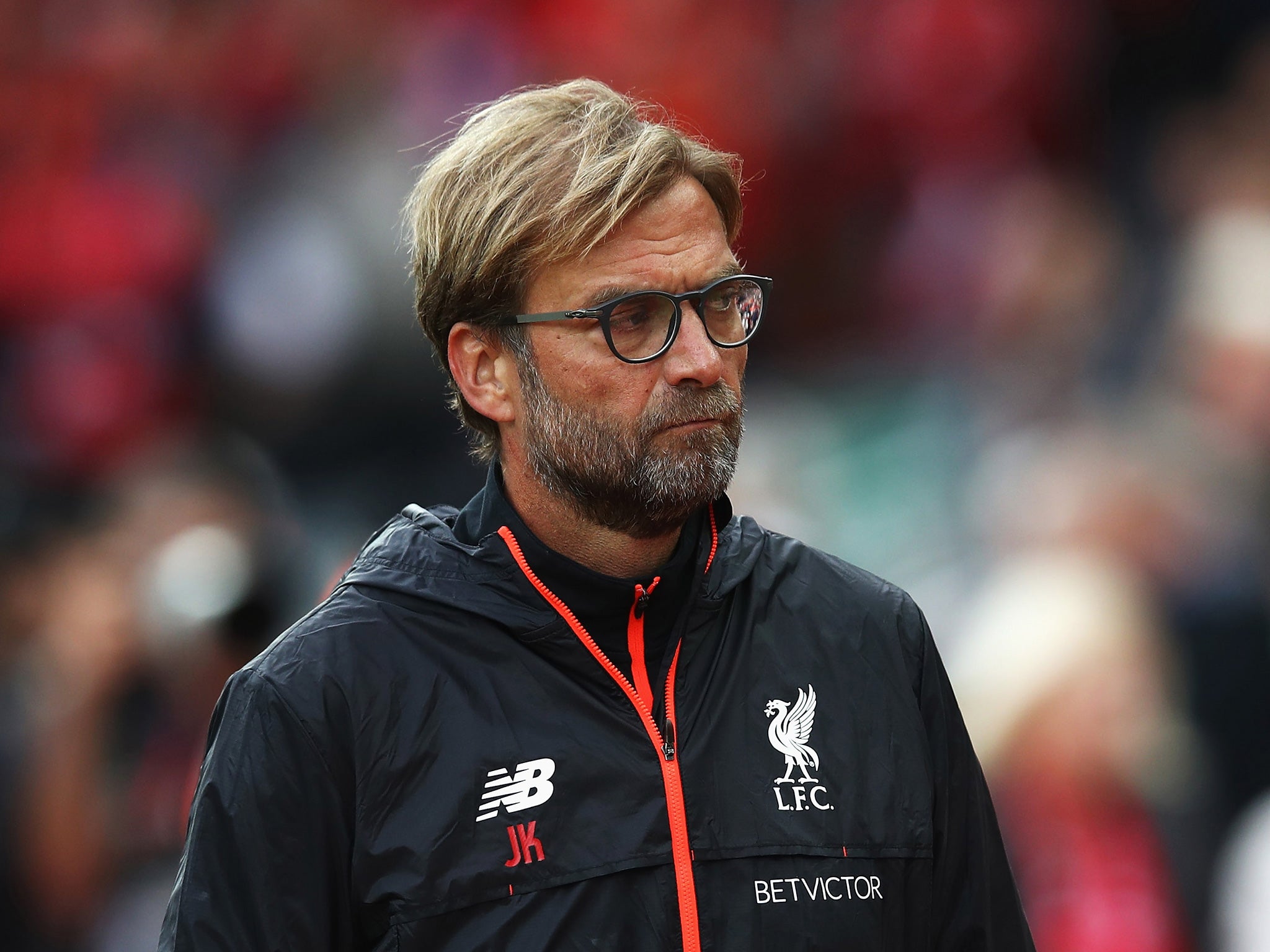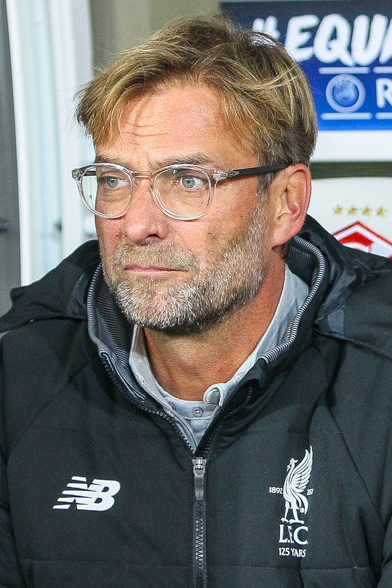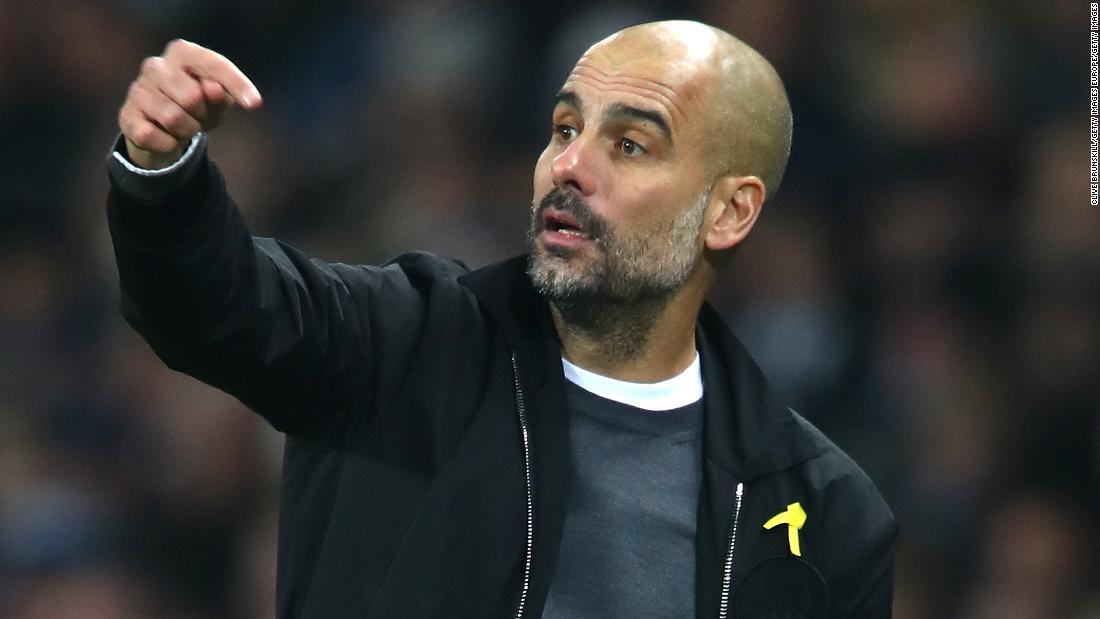Ah, the international break. An FPL player’s nightmare, but
an FPL blogger’s dream. Plenty of spare time in which to reflect upon the game,
sites that need to bulk out their content and a bored audience who would be
willing to read essentially anything fantasy-related. All of this makes it the
perfect time to return with another ‘no Kane, no Lukaku’ update.
For those who have not been following this mini-series, the
premise is that I will go the whole season without bringing in either Kane or
Lukaku, the two players considered by many to be must-haves at the start of the
campaign. The league is now reaching the business end, and so far I have stayed
true to my word – many a Kane goal-fest has burned me, and on occasion Lukaku
has punished his non-owners, but on the whole things have gone surprisingly
well. Better than most of my previous seasons, in fact. My overall rank has
recently broken the 100k mark, which is by all accounts a handy position to be
in as we enter the final seven gameweeks. A significant reason for this is Mo
Salah. He would be a hero even without the fantasy points he has showered down
upon me, as he has fired my beloved Liverpool to a new level, but this extra
plus point has elevated him to god status. Of course, anyone with any sense has
the Egyptian at this point – captaining him, however, was far from a foregone
conclusion until quite recently. The temptation of Kane proved too strong for
many of the managers who had the English marksman; this paid dividends for them
on occasion, but the sheer consistency of Salah’s returns have ensured that my
captain has done well for weeks on end.
This brings us on to the most significant recent development
as far as the strategy is concerned. I refer to Harry Kane’s injury. On one
hand, it represents great news: for the foreseeable future, there will be no
more watching Spurs from behind the sofa, and the one player always responsible
for pegging back my progress in mini-leagues is out of the picture. However, if
anything, the drawbacks are more significant. Kane owners are scrambling to
sell, and with no obvious like-for-like replacements their budget is being
spread more evenly across the squad. This means a lot of my differentials are
getting snapped up, leaving me with little room to make ground on rivals. The
price rises are nice – Firmino is now a staggering 1.3 million more than when I
bought him - but they don’t directly translate to points. Meanwhile, those who
are looking to swap Kane for something resembling an equivalent are bound to turn
to Lukaku. The Belgian is re-finding his form, and Manchester United have some
very nice fixtures coming up: many more FPL opponents are ready to take
advantage of this now he has taken the ‘Kane’ slot in so many squads. In other
words, it will simply be the United scores that I dread to check rather than
those of Tottenham. It will be far from straightforward retaining a place in
the top hundred-thousand during this run-in.
This is particularly true given the double gameweeks that
have to be navigated. In terms of chips, I am in relatively good shape – I
opted to use the free hit to deal with blank gameweek 31, and was rewarded with
a 105-point haul, but the other chips remain available to use. The squad has
been honed for many weeks to ensure that all fifteen are getting regular
minutes, and that most have a double gameweek: the bench boost or the triple
captain are thus ripe to be played in gameweek 34, with the remaining chip
being saved for the next double gameweek in 37. Salah’s lack of a double poses
something of a dilemma: anyone would think twice about not giving him the
armband, and given that he has been so integral in allowing me to remain
competitive without Kane it would be tough to give the triple captaincy to
anybody else. However, other big hitters who will have an extra game in the
week are hard to ignore – chief amongst these is the newly-acquired Heung-Min Son, who is leading the line for Spurs during Kane's absence. I currently sit second in both of my main mini-leagues: getting
the triple captaincy right (or wrong) could make or break the entire season. On
the plus side, Kane no longer being an option for my opponents, unless they choose
to gamble on his late-season fitness, is something of a relief.
A big perk of the strategy has been the ready availability
of funds to invest in the midfield, where there have been multiple premium
options producing high points returns. For the final few weeks, I have taken a
punt on Mkhitaryan. As mentioned, I have ground to make up in my mini-leagues:
his decent form of late, Arsenal’s seemingly endless capacity to start
performing well when they no longer have anything to play for and their very
kind fixture list made this a gamble I was eager to take. There is the risk of
Europa League-induced rotation, which made the ineligible Aubameyang the more
tempting option in many ways, but Vardy’s similarly nice run-in made me
reluctant to sell him. Thus, my hopes are pinned on the Armenian. In my
eagerness to execute this plan, I made my transfers before realising that the
international break was imminent – there is now a nervous wait to see whether
he or Son get injured while playing for their countries. This was foolish, but
the strategy on the whole has proved surprisingly sensible: with any luck, I’ll
be able to limp over the line with an overall rank with which I can be pleased.
- @JamesMartin013



